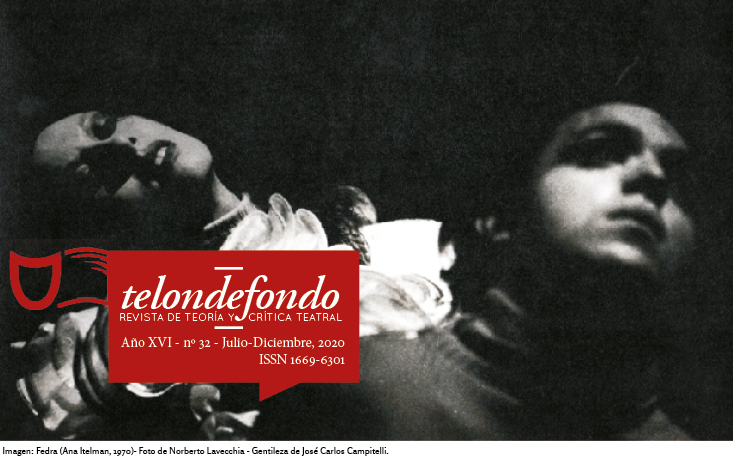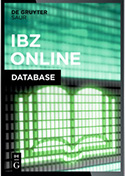Chimeric Theatre by Leopoldo Lugones: "Two Ilustrious Lunatics" or "The Universal Divergence" (1909)
Abstract
The Argentinian Leopoldo Lugones wrote a short chimerical play entitled Two Illustrious Lunatics or The Universal Divergence –published in the poetry collection Lunario Sentimental (1909)– as a contribution to the knowledge of Miguel de Cervantes Saavedra and William Shakespeare. In this drama, an imaginary meeting between H (Hamlet) and Q (Alonso Quixano) takes place during a full moon evening, at a railway station at the beginning of the 20th century. We consider that analyzing this play by Lugones is a good way to approach the world view of these two characters, their opposite (but complementary) conceptions on politics and philosophy, their different styles in facing social injustice and their ways of relating to women. To understand Lugones, we will review (in a comparative-contrastive exercise) some fundamental topics such as justice, love, power and violence (among others) which appear in The Tragegy of Hamlet, Prince of Denmark and El ingenioso hidalgo don Quijote de la Mancha and were compiled in the critical essay Hamlet and Don Quixote (1860) by the Russian writer Iván Serguéievich Turguénev.Downloads
Los autores/as que publiquen en esta revista aceptan las siguientes condiciones:
-
Los autores/as conservan los derechos de autor y ceden a la revista el derecho de la primera publicación, con el trabajo registrado con Licencia Creative Commons Atribución-NoComercial-CompartirIgual 4.0 Internacional, que permite a terceros utilizar lo publicado siempre que mencionen la autoría del trabajo y a la primera publicación en esta revista.
-
Los autores/as pueden realizar otros acuerdos contractuales independientes y adicionales para la distribución no exclusiva de la versión del artículo publicado en esta revista (p. ej., incluirlo en un repositorio institucional o publicarlo en un libro) siempre que indiquen claramente que el trabajo se publicó por primera vez en esta revista.
-
Se permite y recomienda a los autores/as a publicar su trabajo en Internet (por ejemplo en páginas institucionales o personales).











